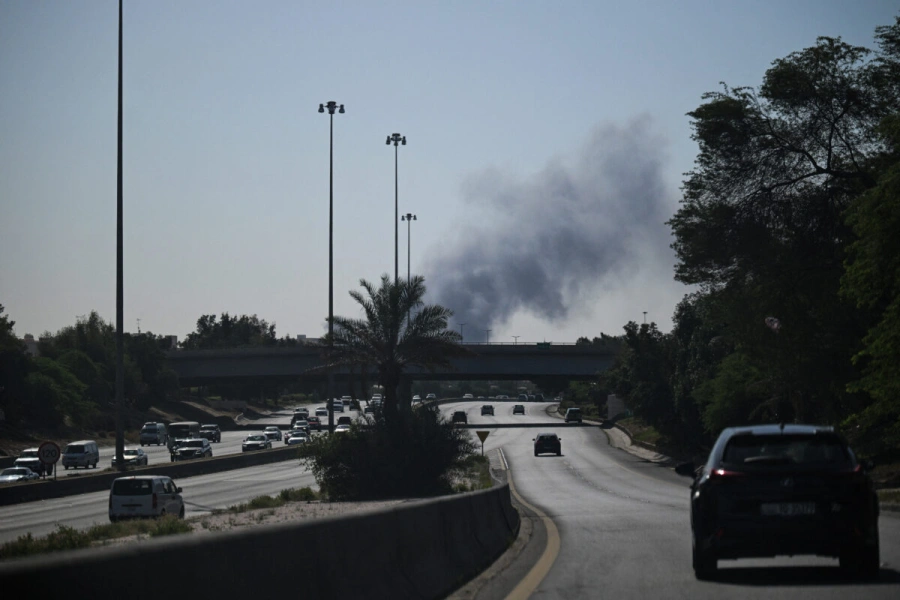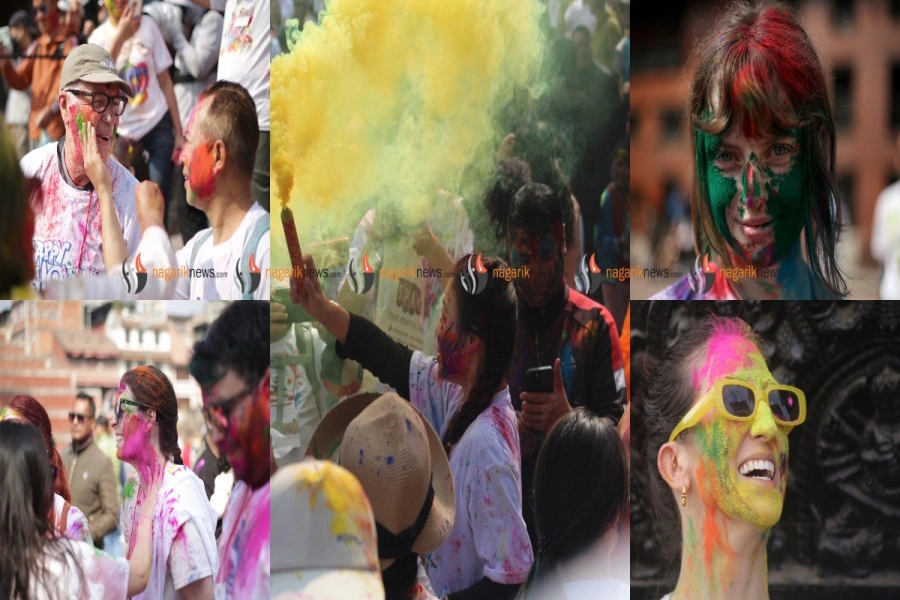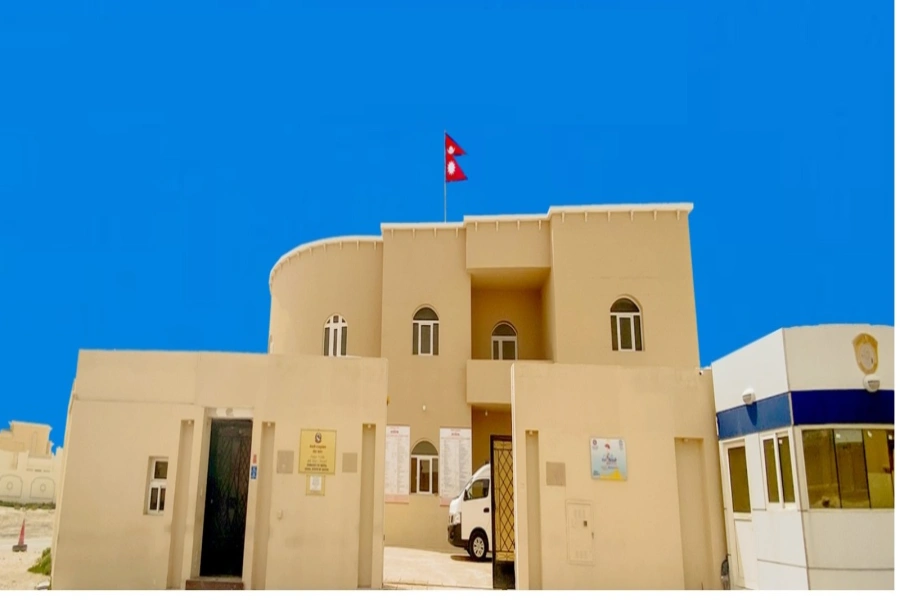India-Pakistan relation seems to be cooling since the incident in February but it is not known how and when they will resolve outstanding issues
Today most countries in the world are affected by terrorism. India and Pakistan are no exceptions. Pakistan has been blamed for providing sanctuary to launch terror attacks against India from its soil. As is the case, India has been combating cross-border terrorism emanating from Pakistan. Although Pakistan denies it, terrorist groups like Jaish-e-Muhammad (JeM) and Lashkar-e-Toiba (LeT) have carried out attacks against Indian civilians and military installations time and again.
On February 14, JeM launched suicide attack on an Indian convoy in Jammu and Kashmir, killing more than 40 security personnel. This terrorist outfit is also said to have claimed responsibility for Pulwama attack and others including at the Indian Parliament in December 2001 and Indian Air Force Base at Pathankot in January 2016. On February 26, Indian Air Force crossed the international air space and launched offensive at the terrorist camp in Balakot, which, it claimed, killed a large number of terrorists. But this incident has not been independently verified as the footage does not prove the claim made by Indian authority.
The pre-emptive strike may be justifiable from Indian point of view but Pakistan showed peace gesture by releasing the captured pilot of downed MIG-21and disseminated the good will gesture to his family. But unless Pakistan stops sheltering terrorists in all forms and manifestations, it won’t find international support. Of course, unlike his predecessors, Prime Minister Imran Khan has insisted on resolving Kashmir issue through peaceful negotiation but he has not come out with a concrete policy. Confidence building is a precondition for negotiation which Pakistan lacks at the moment.
Lincoln neighborhood creates street mural to slow drivers

India and Pakistan have been in conflict since 1947. Leaders like Mahatma Gandhi, Jawahar Lal Nehru, Subhas Chandra Bose, Sardar Vallavbhai Patel and Muhammad Ali Jinnah had fought together to liberate their nations. Based on the religious faith, Muslims under Muhammad Ali Jinnah wanted separate state of Pakistan. There were diverged opinions and lobby for divided versus united India. Mahatma Gandhi who later accepted the division became the victim of hardliner right wing nationalist Nathuram Godse.
The division of Pakistan into east and west as well as Kashmir has Muslim connection into it. East Pakistan was separated based on their religious faith. Hyderabad and down South had also strong voice to support Muslims as well. Basically Indian Subcontinent as such had almost equal numbers of Muslims and Hindus living together. In fact, the co-existence was challenged by like-minded leaders so that the British had to accept the proposal of partisan based on religious ground.
Kashmir has a separate history. Before 1947, it was an independent state ruled by a Hindu king. Due to intense Hindu-Muslim riot in 1947, King Hari Singh invited Indian Army to crush Muslim rebellion against minority Hindus provoked by Pakistan. In a chronicling deal he agreed to annex Kashmir with India that Pakistan denied. The case so escalated that the UN Security Council had to pass a resolution for plebiscite in 1948, the conditions that both India and Pakistan have not fulfilled. Consequently, Kashmir was divided between them and China also occupied a portion of it in Aksai Chin after Indo-China War of 1962.
It appears that Pakistan is using terrorist outfits like JeM and LeT against India as a tool to undermine the confidence and morale of the local civilians, security forces and India.
Terrorist outfits used Nepali soil to highjack Indian Airlines to Kandahar in 1999. Use of Indo-Nepal open border to circulate fake Indian currency and involvement of Pakistani Embassy staff in Kathmandu into it was a burning example of state terrorism as what India is claiming against Pakistan. Then Nepal Government had expelled the staff under persona non grata for carrying out unethical activities against the neighboring country.
India-Pakistan relation seems to be cooling since the incident in February but it is not known how and when they will resolve outstanding issues. The old UN resolution of plebiscite is in limbo because of non-compliance. In fact, there are enough evidences to prove Pakistan is supporting terrorist outfits like Haqqani network. In such circumstances, we must condemn state terrorism and Pakistani support to such outfits while at the same time insisting that India should find a fresh solution to resolve Kashmir issue.
For this, Nepal needs to appeal the United Nations for mediation with more robust and credible solution based on Panchasil principles. The international community must raise voice to make Pakistan change policy to harbor terror groups. Pakistani prime-minister has proposed India for peaceful talks. India must seize this opportunity.
The author, a former Brigadier General of Nepal Army, is a PhD in Conflict Management and scholar of security and strategy studies







































